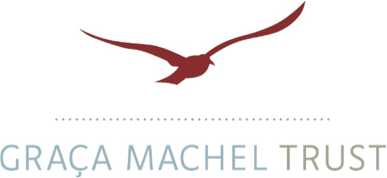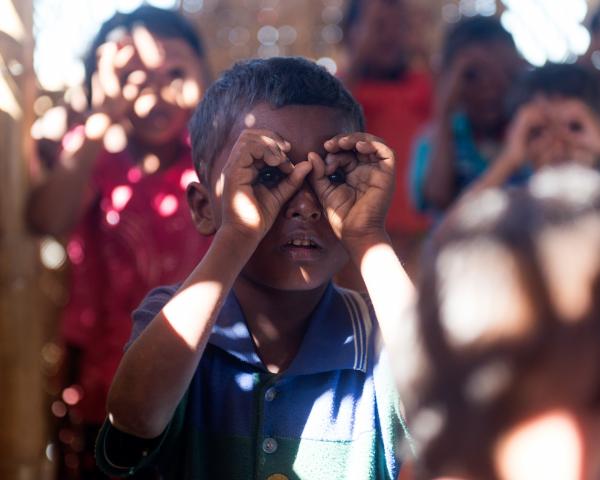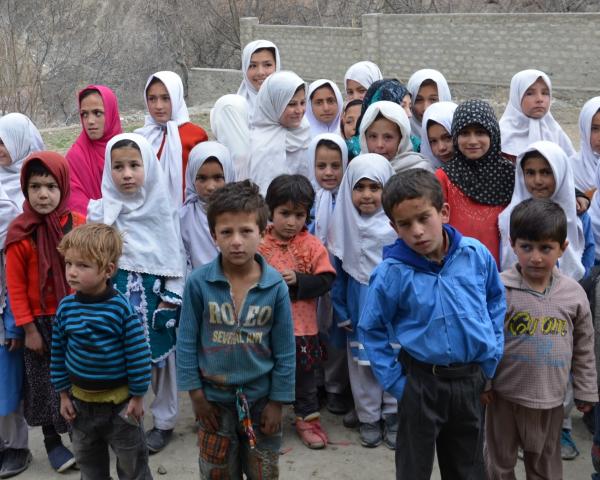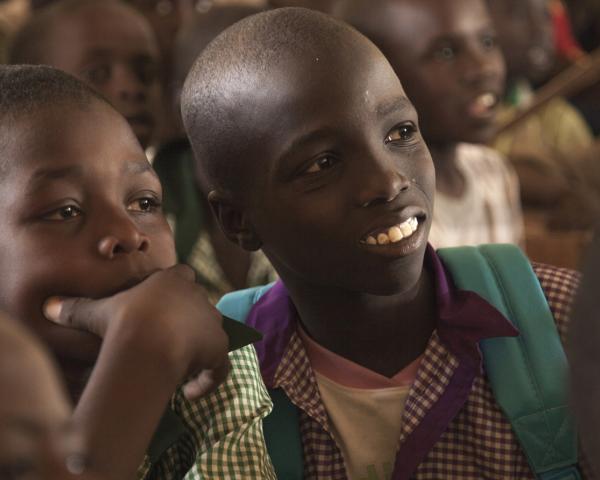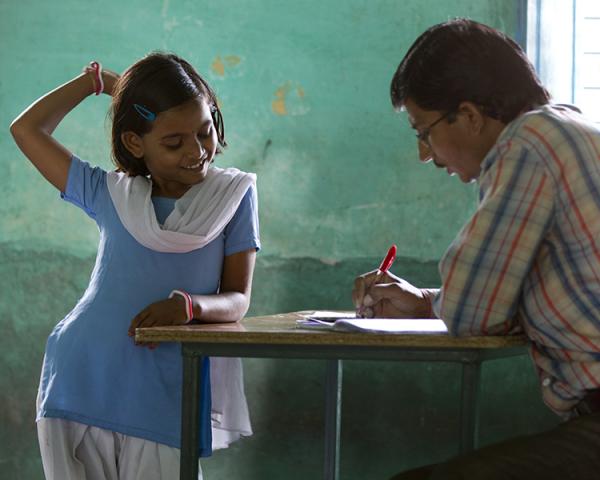Enrolling and Retaining 20,000 OOSC in the Mara Region of Tanzania
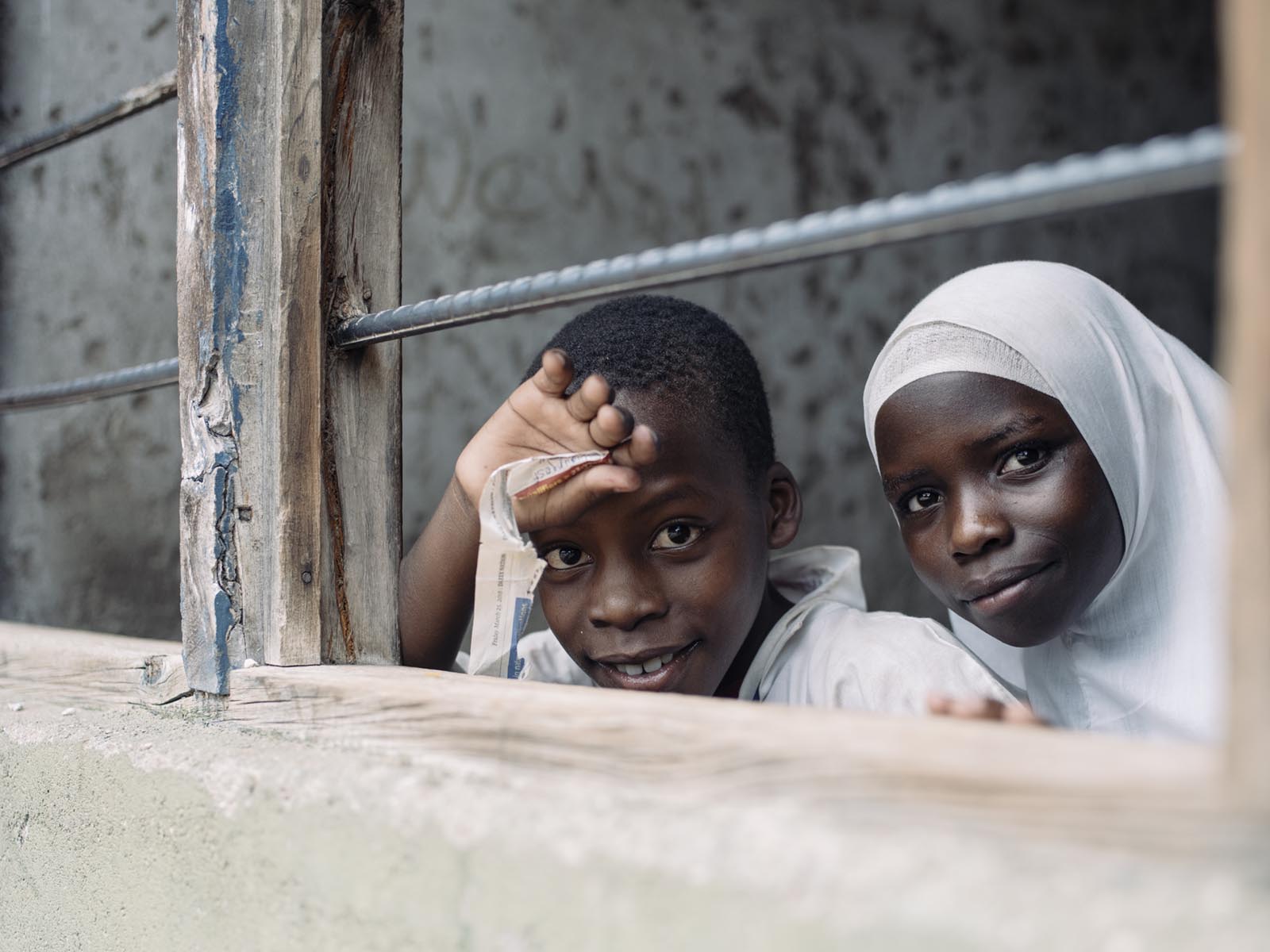
With a strong emphasis on capacity building, community engagement and service support provision, the Graça Machel Trust (GMT) project aims to reach 20,000 OOSC with quality primary education over the course of two years. The Enrolling and Retaining 20,000 Out of School Children in the Mara Region of Tanzania project will be implemented in Bunda, Butiama, Mugumu, Musoma, Rorya, Serengeti and Tarime in the country’s northern Mara Region.
To achieve this objective, the GMT will prioritise building the capacity of school governing bodies (SGBs) to reintegrate OOSC into primary education; supporting teachers, school heads and education officials with the skills essential to delivering quality primary education; and mobilising and sensitising a multi-sector alliance of governmental and community-based stakeholders to the issue of OOSC. Also, the project will utilise the Care and Support to Teaching and Learning (CSTL) Framework adopted by Southern African Development Community (SADC) member states to address education sector issues, such as teacher development and support, leadership structures, community engagement and social and welfare service provision. Additional project activities include organising CSTL development-planning workshops for SGBs and literacy and numeracy training for teachers.
Project sustainability will centre on two primary axes. The first of which treats institutional sustainability. Mobilising parents, community leaders and SGBs to champion the cause and reintegration of OOSC will beget, at the grassroots level, the support necessary to respond to access barriers to education beyond the life of the project. The second axis speaks to financials. It is assumed that widespread grassroots support for OOSC reintegration and building the capacity of government officials will permit the elaboration of budget plans that account for and sustain project interventions.









